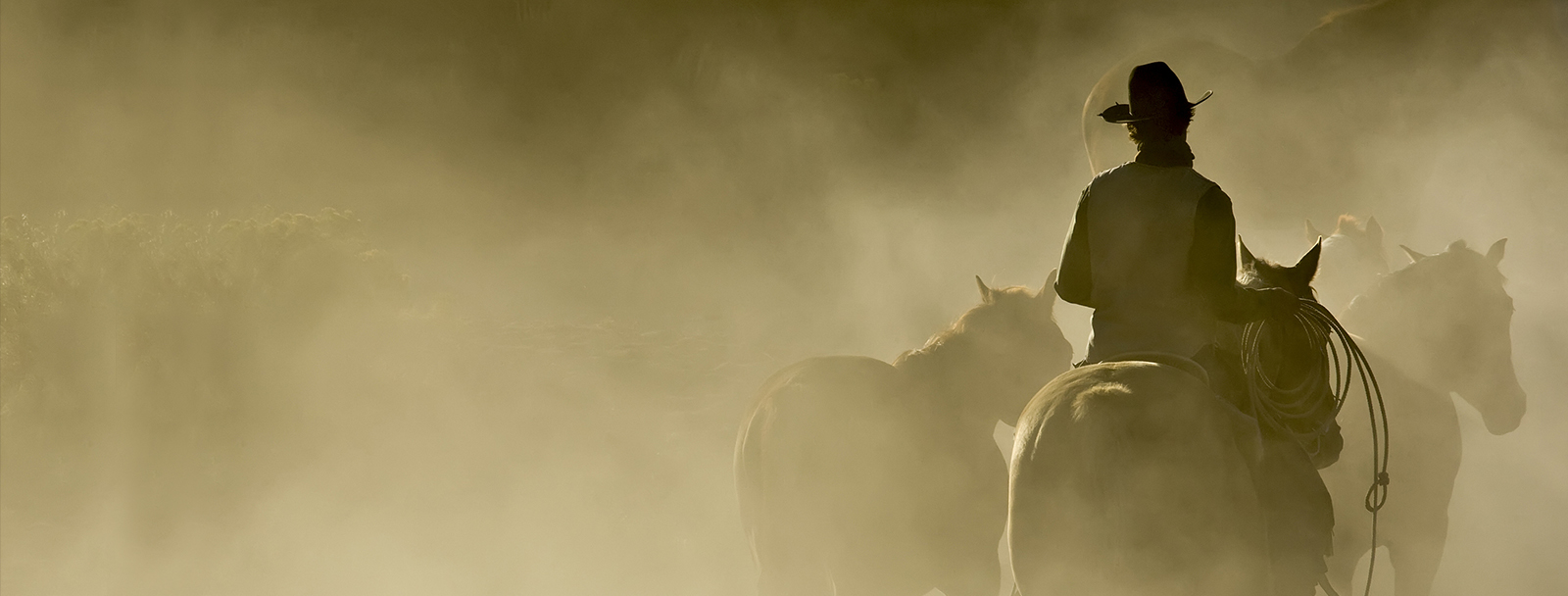If you’ve followed my blog for a while, you know I view the first draft of a work as crucial. My emphasis on the first draft is intentional. Rarely, if ever, is a first draft sufficient for our purpose. I’ve even learned to review my emails before I hit send. It only takes a couple of typos to miscommunicate, embarrass myself, and at times cause unintended strife.
In January, I posted a series of blogs on self-editing our writing, applying particular importance to letting the first draft rest for a while before going back to it.
I’ve subscribed to the philosophy that the first draft is for getting the crappy stuff out. And, to a certain extent, this is true. We have a lot of ideas and stuff floating in our heads and manuscripts in the initial draft. We rewrite to try to make sense of it.
Then I came across a quote that had me smacking myself in the forehead, like the old V8 commercials. It’s from one of my favorite writers, the late Sir Terry Pratchett. He said, “The first draft is you telling yourself the story.”
Of course, I thought, that makes perfect sense. I looked back over my writing and discovered the truth of this simple statement. It applied to the stories I wrote from an outline and the stories I write from the seat of my pants.
At the beginning of a project, I have ideas about my characters, their story world, the plot and at least a glimmer of possible twists and surprises. During the writing, my characters reveal more of themselves than I ever imagined. They show me the story world through new eyes, helping me see the setting as a character in its own right. They not only show me potential plot twists, they show the plot holes and inconsistencies I didn’t see in my initial free write.
By the end of the first draft, I know the story in more depth and detail because I listen to the characters telling me the story instead of assuming I have it all perfect.
I really am telling myself the story. I’ve moved from ideas and concepts on an outline or in a one-page free write of the story to a deeper understanding of why I wrote this story, why I chose these characters to tell it, of the themes driving it, of the takeaways for the readers. I can bring this out more fully in each subsequent draft. No matter how many it takes.
So, don’t disdain the first draft. And don’t assume the first draft is all you need.
What kind of discoveries have you made in writing your most recent first draft?
Why We Need a First Draft


No comments yet.